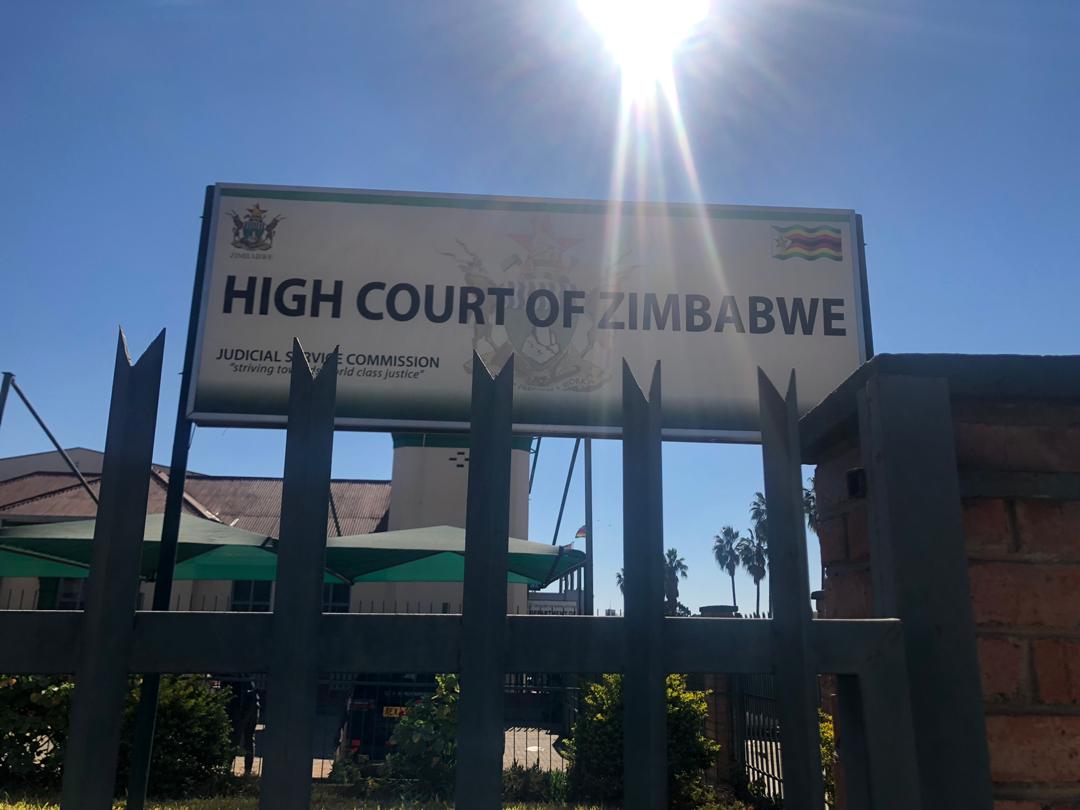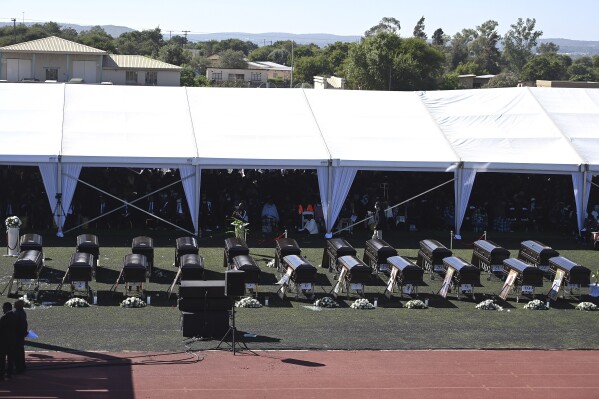HARARE – A former ZESA employee who suffered a spinal injury at work has asked a court to declare constitutionally invalid a statutory instrument requiring litigants to pay a fixed percentage of their lawsuit total.
Ken Manyellah intends to sue ZESA for US$550,000 but says the registrar of the High Court told him to deposit Z$46,982 (about US$546) – money he does not have.
In papers before the High Court in which he is seeking a declaratory order that the requirement for him to pay a filing fee is an impediment to justice, Manyellah says Statutory Instrument 106/2021 which outlines court fees is in violation of provisions of the constitution.
“I rightfully aver that the filing fee demanded by the court for the summons in casu is tantamount to me being denied the right to access justice considering circumstances surrounding my case which pictures correctly my inability to pay such fee before claiming for damages against the respondent. It would now appear that justice is being reserved for the rich,” he said in an affidavit.
“What I find equally strange is the need to pay such a fee at the filing stage. I believe the justice minister should reconsider his decision to levy this filing fee at this stage and only levy it after one has been successful.”
He also argues that Section 69 (3) of the constitution of Zimbabwe provides everyone with the right access to the courts, regardless of one’s financial status.
“I aver that the imposition of prohibitive figures I am being asked to pay by the registrar is a violation of my rights to access court and also that I am being discriminated against on the basis of my poor status,” Manyellah says.
“I submit that the provisions of section 2 of SI 106/21 blatantly runs parallel to the constitutional provisions stated herein as it sets an economic discriminatory bar as the filing fee which is way beyond my reach. This therefore shows that justice is now only awarded to the elite… not individuals who are economically incapacitated.”
The justice minister and the High Court registrar are cited as respondents.
Manyellah was a plant operator at ZESA subsidiary, the Zimbabwe Power Company (ZPC) from August 2000 to September 8, 2015, when his employment contract was terminated on medical grounds.
He had sustained back injuries while pulling a trolley at the Harare Power Station. Tests showed that of his spinal discs had shifted out of position as a result of “hazardous working conditions he was exposed to by his former employer.”
Manyellah underwent physiotherapy but his condition deteriorated as he continued with his duties. He eventually underwent a surgical operation in March 2015 but there was no improvement.
The condition prompted the ZESA medical board to make a recommendation in August 2015 that he could not continue with his employment duties and had to be retired.
After retirement he was paid his normal terminal benefits and was compensated by NSSA at a rate of 12 percent disability.
Following retirement, his condition worsened to the extent that he could not perform his conjugal rights, he told the High Court. This prompted him to seek further compensation from his former employer – but the court fees have impeded his quest.
Statutory Instrument 106/2021 requires him to pay 0.001 unit of the claimed amount. He says the registrar calculated this to be Z$46,982.
The matter is pending.
















